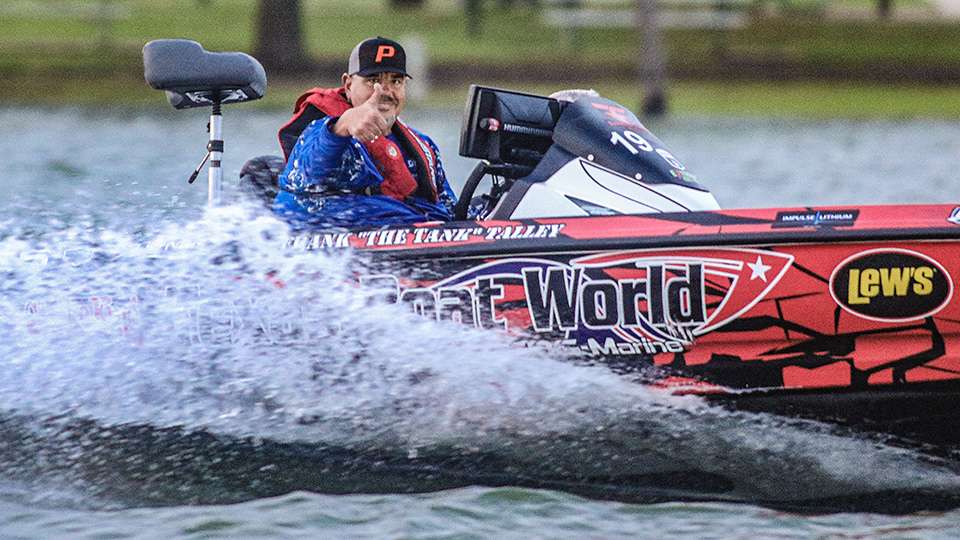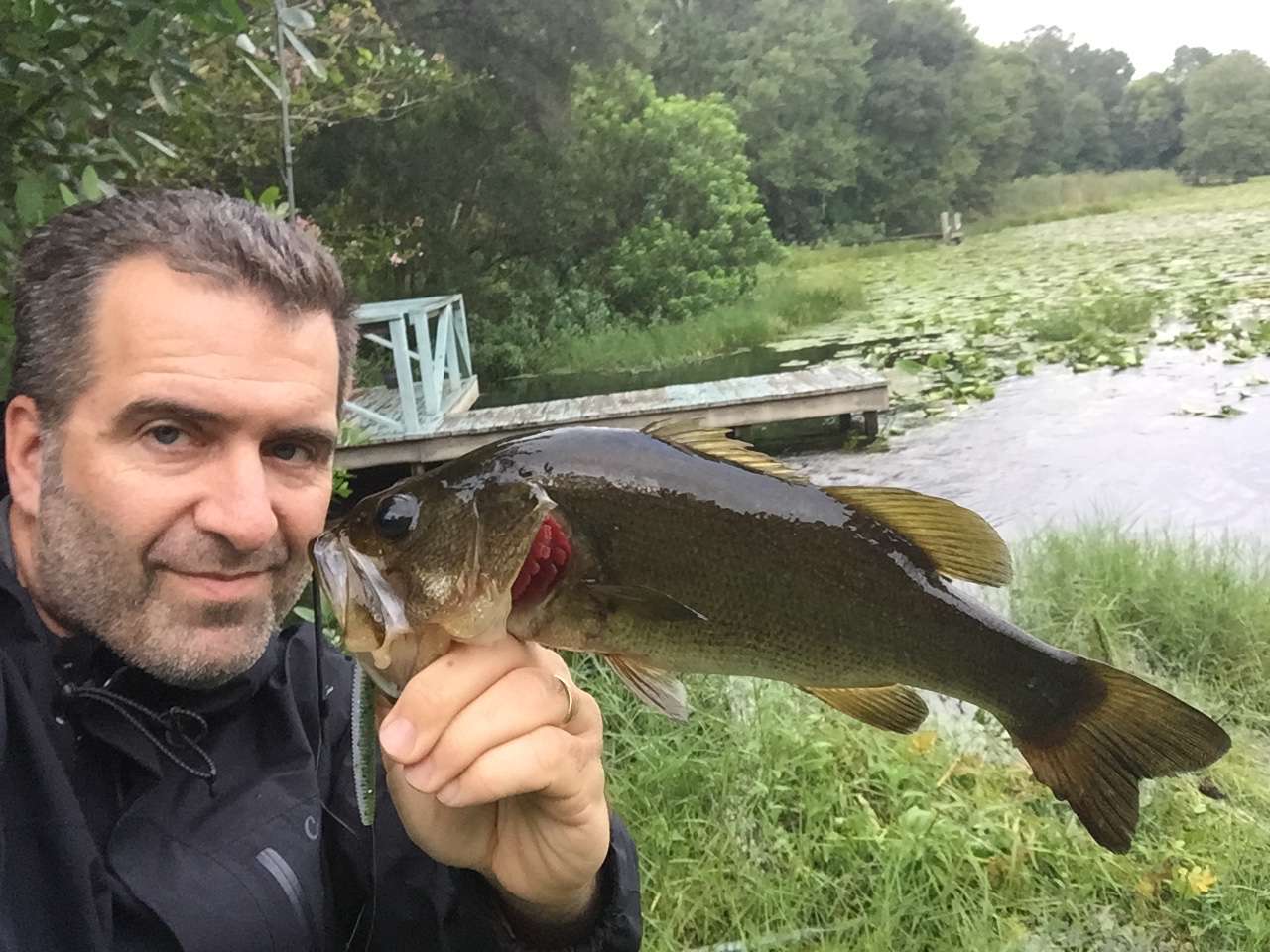
Spring tournaments bring greater opportunity, as more big fish are move to shallow, vulnerable locations. However, spring tournaments often find those fish moody, inconsistent and frustratingly hard to pattern.
That’s the tradeoff. Add in spring’s equally temperamental weather cycles and the deal can, at times, seem awfully lean.
Since 2006, Bassmaster Classics have been scheduled for early spring. This year, lingering public health concerns prompted B.A.S.S. to reschedule the sport’s biggest event from March to June.
Notwithstanding the ability to fish in significantly lighter and more comfortable clothing, anglers will likely find this year’s Classic timing offering the benefit of consistency; at least, in terms of practice relevance.
During past spring Classics, competitors have often found seasonal fluctuations rendering much of their practice efforts irrelevant by game time. Classic anglers have the option of practicing the weekend before the event, with one official practice day on Wednesday prior to the Friday start.
During the spring season, what happened even two days before the tournament begins can be little more than a memory. Summer, on the other hand, tends to be more consistent. (Technically summer 2021 officially begins June 20, but we’re close enough.)
Texas pro Frank Talley’s confident that what he saw in practice will match what he’ll see during his competition hours.
“The weather’s staying the same; it’s warm in the evenings and, of course, throughout the day,” Talley said. “The only thing that’s different is the water level has come up throughout practice and it’s topped out now.
“But that water was already up high, so I don’t think it has done anything to the fish. It might have positioned them a little differently on the cover (mostly flooded bushes), but they’re still on the same spots.”
Biggest advantage of this year’s schedule, Talley said, is the elimination of deck-shuffling weather systems.
“It’s a much easier tournament to fish this time of year because you don’t have worry about the cold fronts (common to spring events), which usually shut the fish down,” he said. “Here, a good front, whether it’s a rain front or a mild front, will actually turn the fish on. Also, with all the sunshine we’ll get, that will tighten the fish up to cover.”
Talley’s hoping to leverage this more stable and predictable scenario to his benefit. It will be interesting to see how this plays out for the Classic field.

